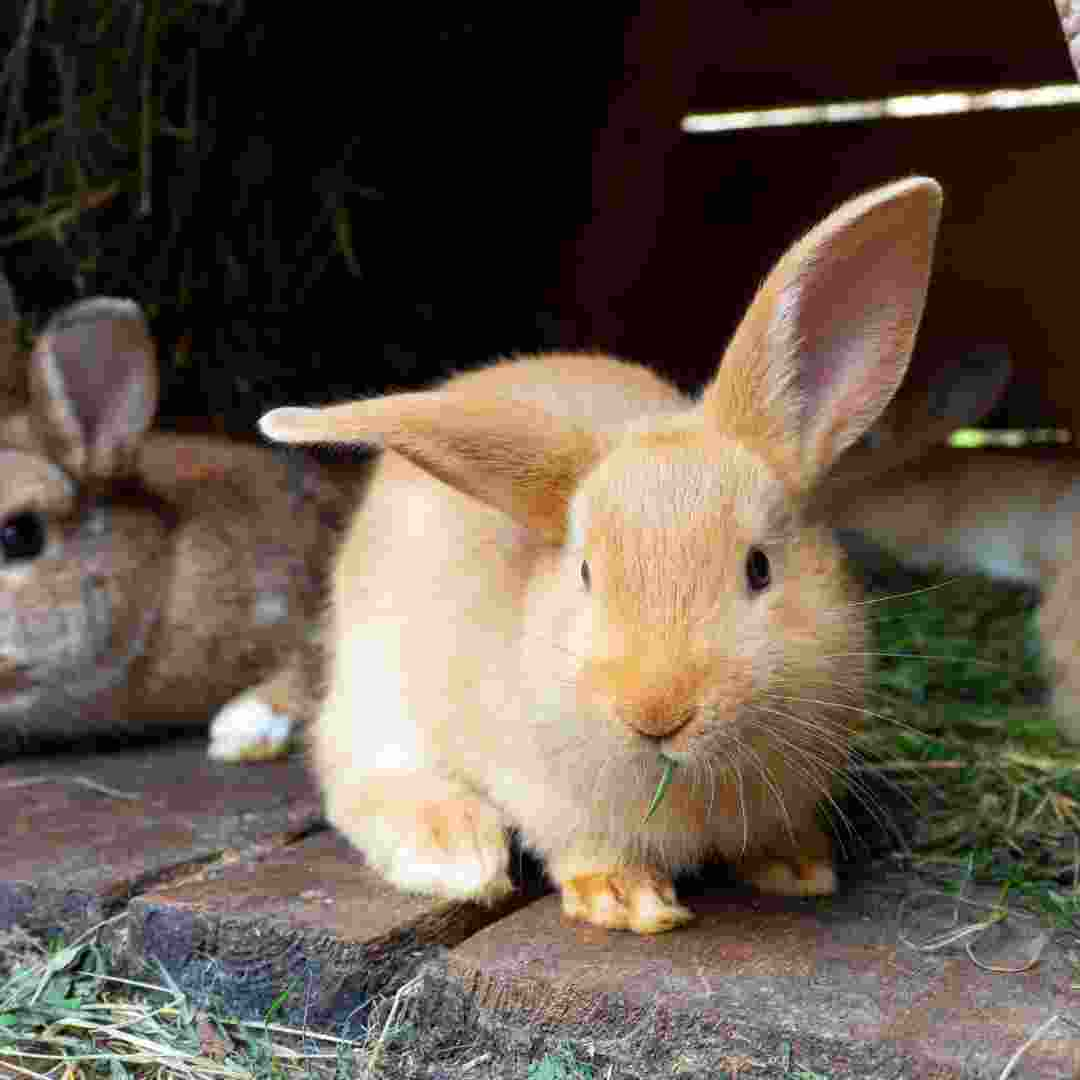Contents Table
Introduction
Rabbit Bite: What to Do
How to Avoid Rabbit Bite
Health Risks of Rabbit Bites
Treating Rabbit Bites
How to Assess Rabbit Bite Severity
Q&A
Conclusion
Introduction
Rabbit bites are painful. According to rabbit size and severity, rabbit bites can be minor or severe. Some rabbit bites cause infection. If a rabbit bites you or someone you know, you should know what to do to prevent further injury and illness. This article discusses rabbit bite symptoms and what to do if you or someone you know is bitten.
Rabbit Bite: What to Do
If a rabbit bites you, take precautions to protect yourself and the rabbit.
First, evaluate the bite's severity. Minor bites may be treated at home. Clean the wound and apply antibiotic ointment. Bandage the wound cleanly.
Immediately seek medical assistance for serious bites. The wound may need cleaning and stitching. You may require a tetanus vaccine.
Take precautions to stop the rabbit from biting again. Pet rabbits must be managed appropriately. Keep the bunny safe and comfortable. Avoid interaction with wild rabbits.
Finally, watch for rabbit disease or injury. If the rabbit seems sick or damaged, see a vet.
How to Avoid Rabbit Bite
Rabbits are usually calm, although they can bite if threatened. Understanding rabbit behaviour and taking steps can help you avoid being bitten.
Remember that rabbits are prey and easily frightened. Be slow and cool when approaching a rabbit. Avoid startling or scaring the rabbit, which may become protective.
Rabbits are territorial, so be aware. When its space is disturbed, a rabbit may bite. Gentleness and not overrestraining a rabbit are key.
Third, watch the rabbit's body language. When threatened, a rabbit may flatten its ears, stomp its hind legs, or growl. These behaviours indicate that you should back away and allow the rabbit space.
Remember that rabbits are easily startled by new things or humans. Introduce new people or objects to rabbits carefully and calmly.
These guidelines will help you engage with rabbits safely and enjoyably.
Health Risks of Rabbit Bites
The health risks of rabbit bites should be treated seriously. Rabbit bites may seem harmless, but they can cause infection and other health issues.
The main risk of rabbit bites is illness. Rabbits' oral bacteria can infect wounds when they bite. Infection can cause pain and other health issues. Redness, swelling, and discomfort at the bite indicate infection. Untreated infections can spread and cause more significant health issues.
Rabbit bites can cause rabies. Rabies is transferred by animal saliva. Rabbits may transmit rabies if they bite people. Without rabies vaccination, the person may contract it. Rabies is a dangerous and sometimes fatal disease, so rabbit bites should be treated quickly.
Some people have allergic reactions to rabbit bites. Mild to severe allergic reactions include itching, swelling, and hives. If a rabbit bite causes these symptoms, get medical assistance immediately.
Finally, rabbit bites can be dangerous. Rabbit bites can cause infection, rabies, and allergies. Rabbit bites should be treated immediately to avoid severe health issues.
Treating Rabbit Bites
Rabbit bites can hurt and infect if untreated. Rabbit bites require the following treatment and recovery processes.
Wash the wound with soap and water. This will remove rabbit-transmitted germs and dirt. Thoroughly rinse and dry the wound with a clean cloth.
Next, apply wound antibiotic ointment. This aids healing and infection prevention. If the wound is deep or bleeding heavily, get medical attention.
If the wound is shallow, wrap it. This protects and cleans the wound. Clean and dry the wound and change the bandage daily.
Monitoring the wound for infection is crucial. Immediately seek medical assistance if the wound is red, inflamed, or painful.
Finally, rabbit bite prevention is crucial. Please wear gloves and keep rabbits away from your face when handling them. If you encounter wild rabbits, stay away.
Follow these instructions to treat and heal a rabbit bite.
How to Assess Rabbit Bite Severity
A rabbit bite's severity depends on various things. Consider the wound size first. A wider wound means the rabbit penetrated further into the skin, indicating a more severe bite. Note the bleeding amount too. Active bleeding may worsen the wound.
The bite site should also be considered. A bite on the face or neck may be more dangerous than on the arm or leg. Since the face and neck are more delicate, they may be more susceptible to infection.
Finally, record any other symptoms. Swelling, redness, or pain may make the bite worse.
Consider all of these parameters to estimate rabbit bite severity. Large, actively bleeding, face or neck wounds with additional symptoms are more serious than bites without these characteristics.

Q&A
1. What if a rabbit attacks me?
Clean a rabbit bite with soap and water and apply an antiseptic. When the bite is deep or bleeding heavily, get medical attention.
2. Are rabbit bites dangerous?
Rabbit bites can hurt and infect, although they are rarely harmful. If the bite is deep or bleeding heavily, get medical attention.
3. Can rabbits infect humans?
Rabbits can spread tularemia and ringworm. Rabbit handling requires good cleanliness and medical treatment if bitten.
4. How can I avoid rabbit bites?
To avoid rabbit bites, handle them carefully and respectfully. Never pick up a rabbit by the ears or tail and avoid rapid movements and loud noises.
5. What if my bunny bites someone?
When your rabbit attacks someone, wash the wound and apply antiseptic. When the bite is deep or bleeding heavily, get medical attention. To prevent future bites, give your rabbit a safe and secure home and treat them kindly.
Conclusion
If a rabbit bites you, get medical help immediately. Rabbit bites can infect and hurt. Keep the rabbit away from youngsters and avoid touch to prevent future bites. After being bitten by a rabbit, take precautions for your protection and others.
